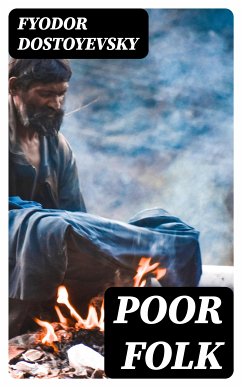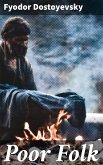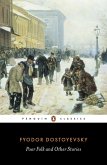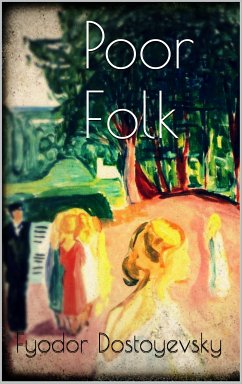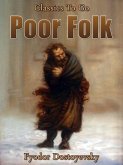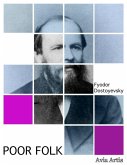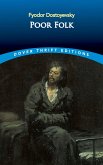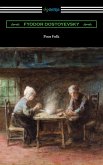In "Poor Folk," Fyodor Dostoyevsky delivers a poignant exploration of the lives of the impoverished citizens of 19th-century St. Petersburg, melding epistolary narrative with profound psychological insight. The novel follows the correspondence between Makar Devushkin, a humble clerk, and his young neighbor, Varvara Dobroselova, illuminating their struggles against societal indifference and personal despair. With its rich character development and stark realism, Dostoyevsky demonstrates the stark contrasts between human emotion and the harsh conditions of poverty, marking a significant precursor to his later works that delve deep into existential themes. Dostoyevsky, influenced by his own experiences of financial hardship and personal turmoil, constructs a compassionate narrative that reflects his early commitment to social justice. His exposure to the destitute and disenfranchised in Russian society, particularly after his imprisonment and subsequent exile, propelled him to create a literary landscape that portrays genuine human suffering. This backdrop not only informs the narrative but also underscores Dostoyevsky's evolving philosophical concerns regarding morality and the struggles of the human spirit. "Poor Folk" is a vital read for anyone seeking to understand the formative themes that underpin Dostoyevsky's oeuvre. It offers a striking perspective on empathy, resilience, and the social fabric of his time, making it an essential recommendation for readers interested in classic literature, psychology, and social issues.
Dieser Download kann aus rechtlichen Gründen nur mit Rechnungsadresse in A, B, BG, CY, CZ, D, DK, EW, FIN, F, GR, H, IRL, I, LT, L, LR, M, NL, PL, P, R, S, SLO, SK ausgeliefert werden.

